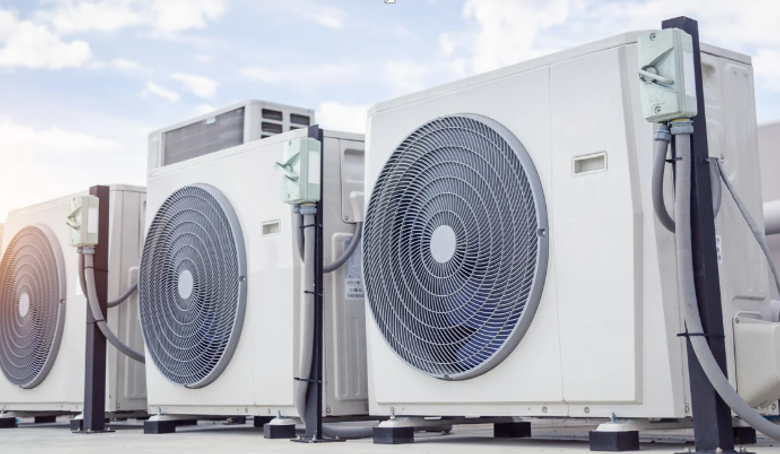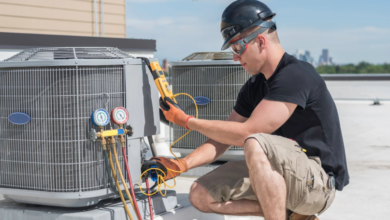How Preventative Maintenance Enhances the Longevity of Your Commercial HVAC System

Commercial HVAC systems are critical to maintaining comfort, productivity, and indoor air quality in business environments. Yet many building owners underestimate the value of routine servicing until a failure disrupts operations. Establishing a regular maintenance schedule with a trusted provider for air duct maintenance in Manasota is essential to extending the system’s lifespan and optimizing overall performance.
Preventive maintenance not only helps avoid costly breakdowns, but it also improves efficiency, reduces health risks, and supports compliance with safety standards.
Addressing Mold and Contamination Risks
One of the most overlooked threats to commercial HVAC systems is mold growth. Moisture buildup in ducts, drain pans, or coils can create the perfect environment for microbial contamination, which compromises air quality and puts occupants at risk.
Staying proactive about how to prevent mold in HVAC system operations is a major part of preventative care. Routine inspections and cleanings ensure that condensation is properly drained, filters are replaced on schedule, and airflow remains unobstructed. These steps also preserve the integrity of internal components that are vulnerable to moisture damage. When ignored, even small mold issues can spiral into major system contamination, resulting in unplanned shutdowns and costly remediation.
The Importance of Choosing Professional Over DIY Maintenance
Commercial HVAC systems are far more complex than residential units. They require specialized tools, technical knowledge, and compliance awareness. Attempting to service these systems without the proper expertise often leads to missed warning signs, incomplete repairs, or accidental damage.
Understanding the difference between DIY and professional air duct maintenance highlights why relying on certified technicians is a better long-term strategy. Professionals conduct comprehensive diagnostics, test system pressures, and ensure ventilation integrity in ways that DIY attempts cannot match. More importantly, they document findings and provide actionable insights for improving system efficiency, adding measurable value to each service visit.
See also: The Importance of Regular Electrical Inspections for Home Safety
Long-Term Financial and Operational Benefits
Proactive maintenance isn’t just about preventing emergencies; it’s about stabilizing your HVAC investment.
Regular servicing helps maintain energy efficiency by ensuring components operate within manufacturer specifications. Clean coils, sealed ducts, and optimized airflow reduce strain on the system, keeping utility costs under control. In addition, well-maintained equipment is less likely to experience critical failure, allowing for predictable budgeting and minimal operational disruption.
In many cases, building owners with consistent maintenance schedules also enjoy extended warranty protection and better resale value for their properties. A documented history of system care becomes a competitive asset, especially in tenant-occupied spaces where reliability and comfort drive retention.
Conclusion
Preventative HVAC maintenance is a strategic investment that delivers both immediate and long-term returns. From mold prevention to system optimization, each scheduled service protects the equipment, lowers operating costs, and supports healthier indoor environments.
Relying on trained professionals ensures your commercial HVAC system remains compliant, efficient, and fully functional year-round. Rather than reacting to problems, proactive maintenance allows your business to focus on performance, not repairs. In a high-demand commercial setting, that level of reliability isn’t optional; it’s essential. Consistent upkeep also fosters trust with tenants, employees, and stakeholders who rely on a safe and comfortable environment.





